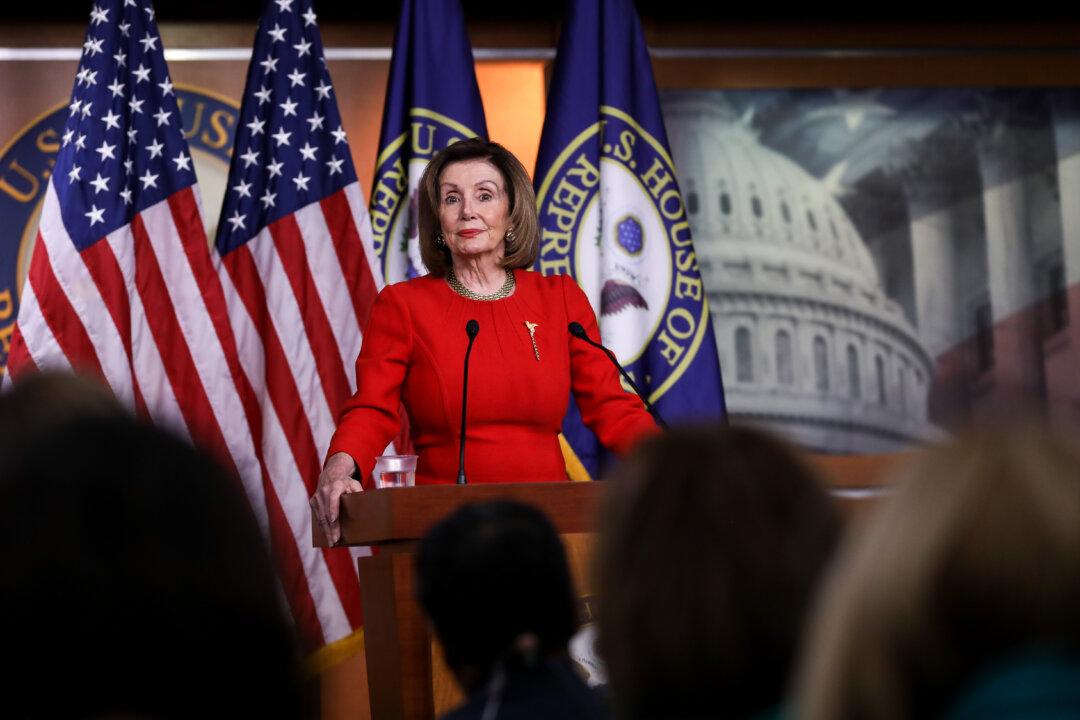Former Harvard Law School Professor Alan Dershowitz responded to House Speaker Nancy Pelosi (D-Calif.) possibly withholding articles of impeachment from the Senate and argued that she doesn’t have the power she thinks she has.
“Whether the House wants it to be in the Senate or not, the matter is now properly before the Senate,” Dershowitz told the Republican National Lawyers Association, according to the Daily Caller. “The presiding officer of the Senate can set a trial date, convene the chief justice and begin the trial. So I don’t think that Pelosi has the power that she thinks she has, or that my colleague Larry Tribe thinks she has.”





